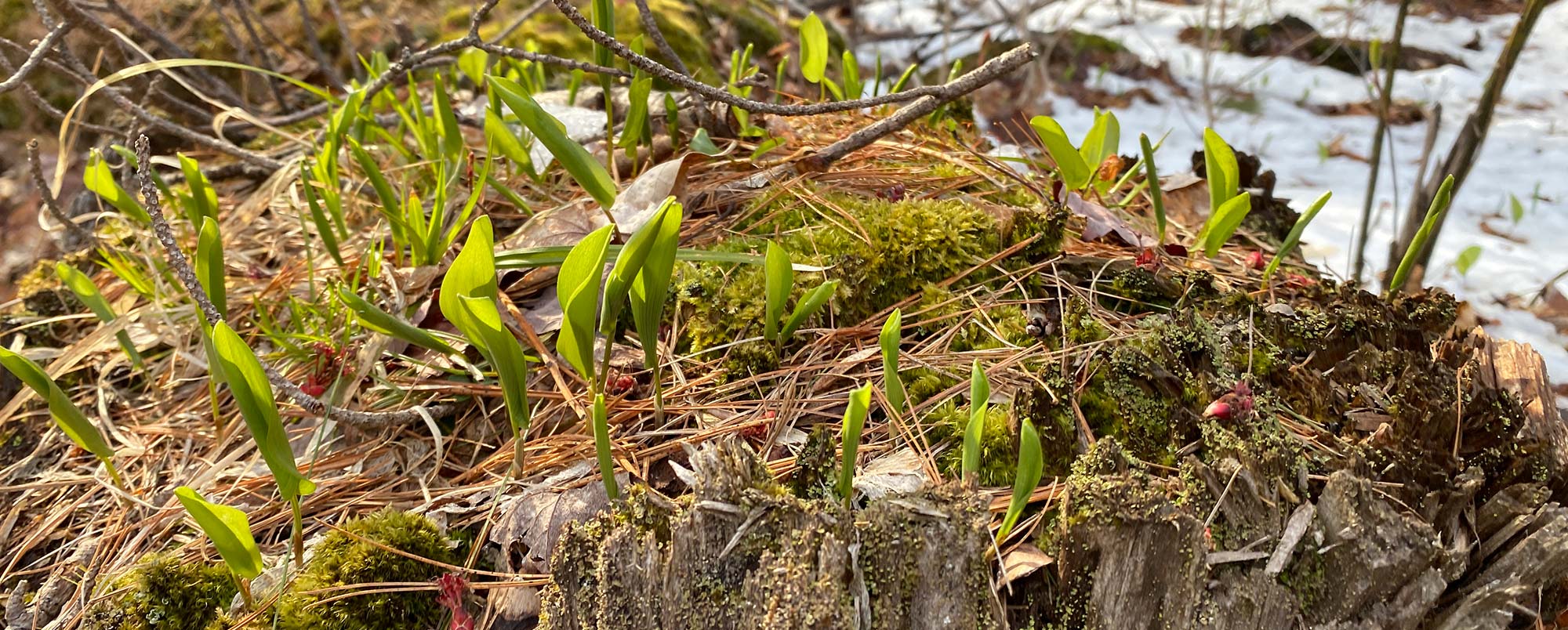If you’re into nature and writing, which you probably are if you’re into us, then you probably heard the news a few years back that the Oxford Junior Dictionary removed a bunch of nature words, like acorn, fern, and otter, and replaced them with twenty-first century words like blog, chatroom, and MP3 player. The whole thing had a bunch of people in our tribe checking the window for swarms of locusts. (What are locusts, daddy? They’re sort of like bytes of data, I guess; they’re ubiquitous, but too many can crash your system.)
I love nature and hate technology as much as the next guy, but I also have an aversion to righteous crusades over mole-hill mountains, so I’ve got to say that the subsequent outrage from the nature community struck me as being a little like the “war on Christmas” that some people get so worked up over. When I read editorials slamming the OJD for contributing to nature deficit disorder in children – and years later I’m still reading them – it makes me want to publish a story that points out instances in popular culture where nature is becoming more prominent, not less.
So.
In the spirit of autumn sports season, and the data-driven journalism that’s all the rage these days where reporters use reams of numbers to make very small points, let us examine the team names in our four major professional sports leagues and see if, as a culture, we’re becoming less connected to nature. Surely our team nicknames are a window into our collective cultural souls. And since every team exists in the urban environment of a major city, and since humans are becoming so disconnected from nature that in 20 years children will no longer know what an acorn is (daddy, the tall thing in the yard is dropping matter again), then there should probably be a clear trend where sports franchises are eschewing lovely natural names like The Cardinals for ugly modern names like The Modems, right?
Let’s look at the data.
In baseball, our oldest game, there were 37 professional teams from 1880 to 1900. And while we think of that era as a purer, more natural time – horse-drawn wagons congregated around lush village greens; corn-row outfield walls – nature was grossly underrepresented in team names. In fact, there were only four: the Chicago Colts, the Buffalo Bisons, the Detroit Wolverines, and the Baltimore Orioles. The rest of the team names were either weird (Beaneaters, Innocents, Bridegrooms), color-related (Blues, Grays, Maroons), or hilariously uncreative (the Worchester Worchesters). Today, nine out of the 30 teams are named after something in nature, which is an underwhelming statistic (and a little odd considering baseball’s our most rural-seeming game, what with the vibrant green field and raked dirt and wooden bats). Still, that’s more than double the number from the nineteenth century. And the last five expansion teams – the Blue Jays, Rockies, Marlins, Rays, Diamondbacks – all opted for nature-related names. Five out of five makes a clear trend.
Basketball seems like a very urban game – its spiritual home, in my mind anyway, the asphalt courts of the inner cities. And yet a full third of the team names are nature-related. And same as in baseball, the last five expansion teams all adopted nature names (Pelicans, Hornets, Grizzlies, Raptors, Timberwolves).
In the NFL, just three of the last five expansion teams were nature related (Ravens, Jaguars, Panthers – Texans and Buccaneers were the outliers). Still, 60 percent ain’t bad. And if we look at the league as a whole, 14 of the 32 teams (43 percent) contain a nod to the outdoors. All are animals: five birds, four large cats, two equids, a bovid, an ursid, and a dolphin. In the old pre-AFL/NFL merger days, only 10 out of 50 team names (20 percent) were nature-related. That’s a 115 percent improvement!
Which brings us to good old hockey. Spiritual home: the North Woods and frozen Canadian prairies. Not surprisingly, more than half of the teams in the NHL have nature-themed names. I included a couple debatable ones in that math, like the Dallas Stars, who are a bit of an etymological puzzle considering the name’s both a derivation of the North Stars (the team’s old name, and clearly nature-related) and the Lone Star State thing (clearly not related to nature). I also included the Devils as a nature name, as something on the Internet said it’s an homage to a fantastic creature that lives in the Jersey pine barrens. (I was skeptical at first, too, but the guy who wrote the article was Canadian, and it’s hockey related, so it sort of has to be true.) But the rest of the names are just great. There’s natural disaster (Avalanche, Hurricane, Lightning), geeky sophistication (not the Bears, the Bruins; not the Wolves, the Predators), and by far the most beautifully direct homage to nature of all: The Minnesota Wild. This nod to the state’s forests and wildlife was chosen over The Blue Ox, The Northern Lights, The White Bears, and The Freeze, any of which would have been fabulous. All of these names make me love the people of Minnesota.
So there you have incontrovertible proof that the world is not going to hell. In fact, American cultural life is slowly growing more in tune to nature, not less. Here’s to baseball pennant races (GO JAYS!), football starting up again, and the hockey and basketball seasons on the horizon.
Now I’ve got to get some actual work done.



Discussion *